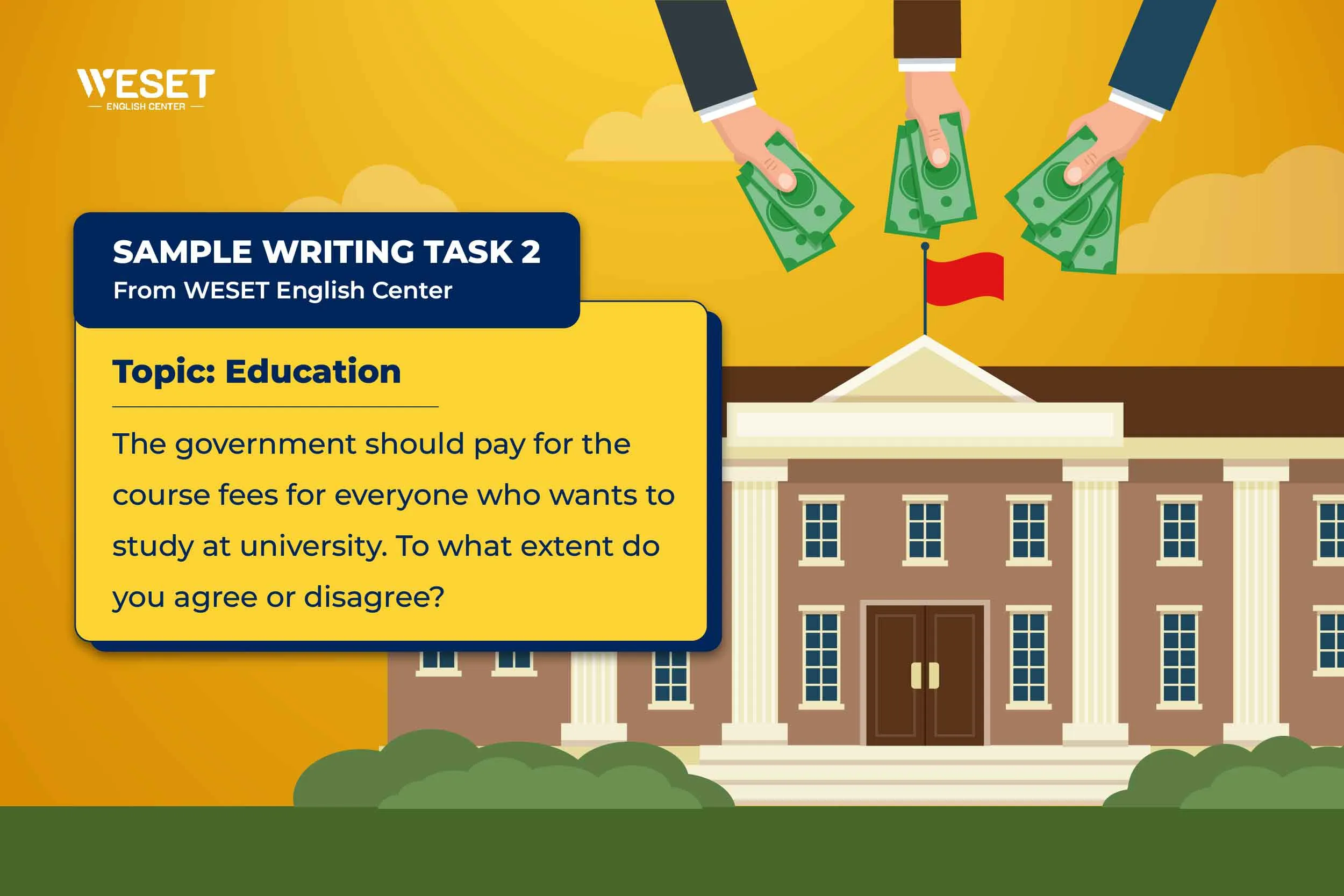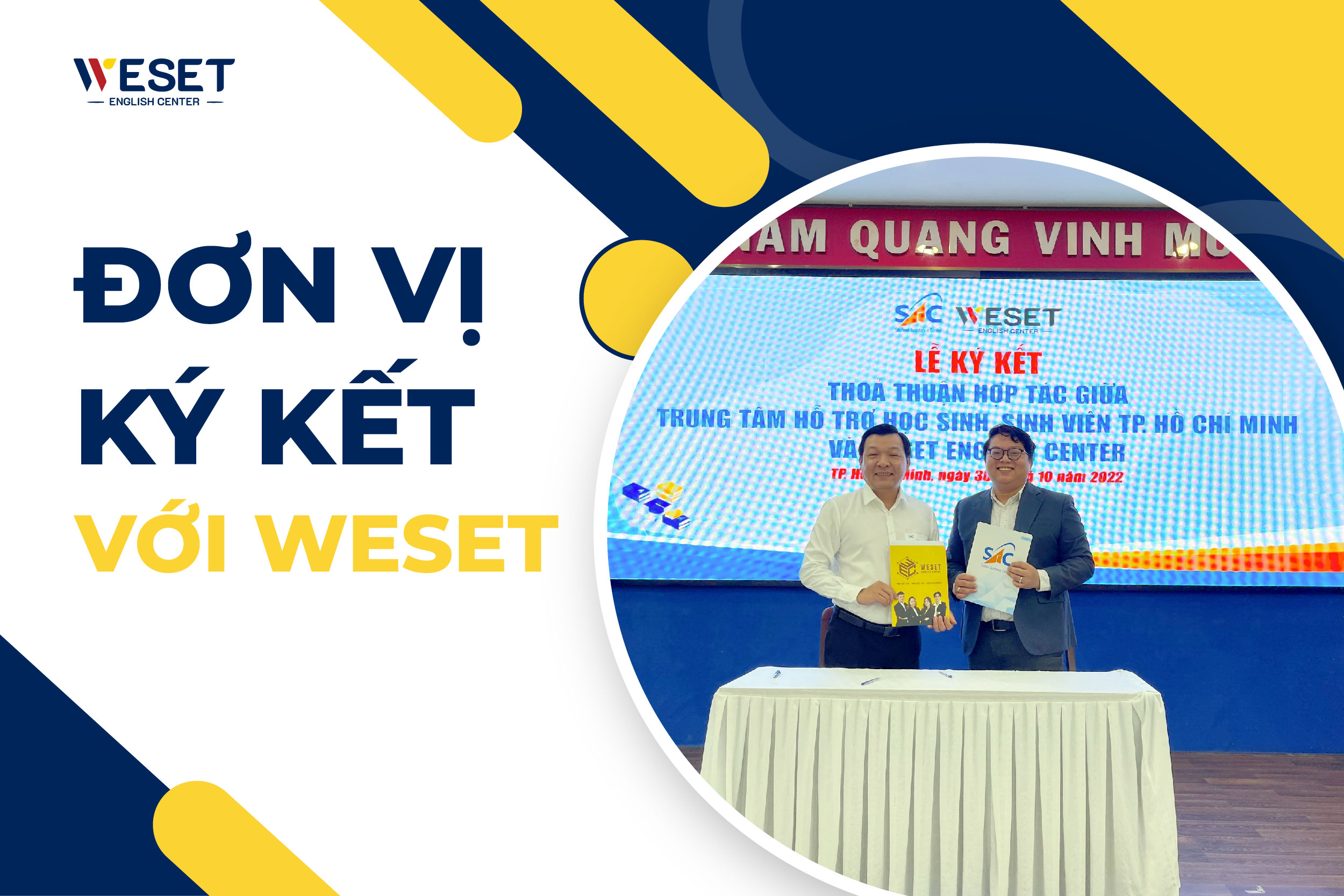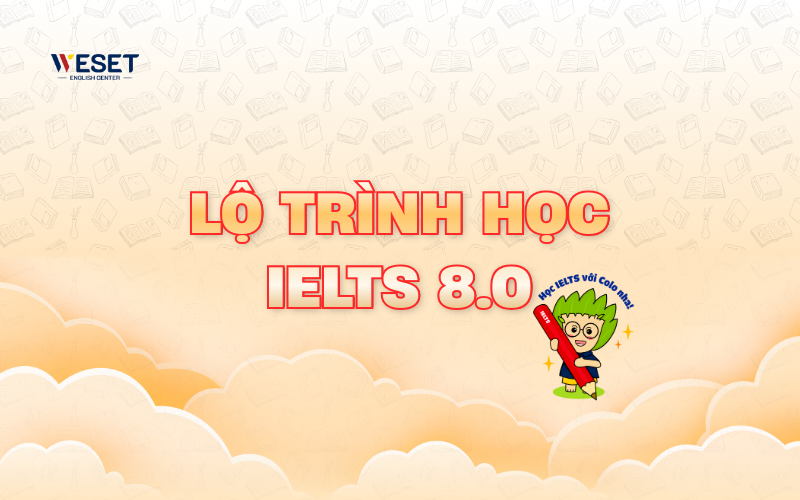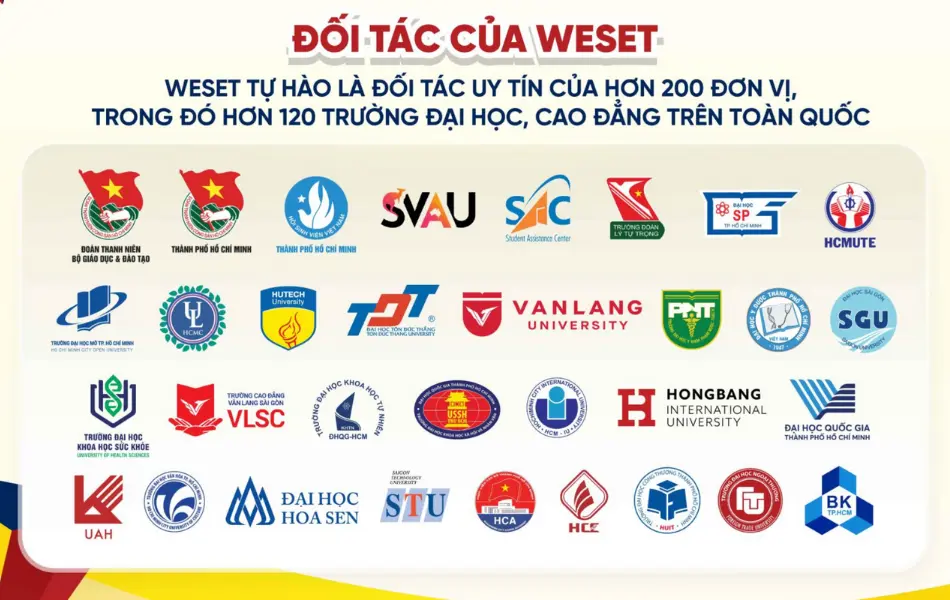Trang chủ Blog Bài thi IELTS mẫu IELTS Writing Task 2 Free Education: Bài mẫu có phân tích chi tiết
IELTS Writing Task 2 Free Education: Bài mẫu có phân tích chi tiết
- Hoang Anh
- Bài mẫu IELTS Sample Writing, Bài mẫu Task 2 IELTS Writing sample, Bài thi IELTS mẫu
MỤC LỤC

Đề bài: The government should pay for the course fees for everyone who wants to study at university. To what extent do you agree or disagree?
Hướng dẫn làm bài
- Introduction: Paraphrase đề. Thể hiện quan điểm bản thân.
- Body paragraph 1:
– Tác động tích cực của việc chính phủ trả hết học phí cho sinh viên:
+ Tạo ra cơ hội đồng đều cho tất cả mọi người.
+ Nâng cao chất lượng và tính cạnh tranh của nguồn nhân lực, từ đó kéo theo các lợi ích kinh tế cho xã hội. - Body paragraph 2:
– Các vấn đề thực tế của việc sinh viên không cần chi trả học phí:
+ Kinh phí cần để đáp ứng nhu cầu học cho tất cả sinh viên là quá lớn.
+ Có những khía cạnh khác trong đời sống kinh tế-xã hội cần được đầu tư hơn.
+ Không có áp lực kinh tế khiến sinh viên xem nhẹ tầm quan trọng của khóa học => Phản tác dụng. - Conclusion: Khẳng định lại quan điểm.
Bài mẫu IELTS Writing Task 2 Chủ đề Free education
Although the argument about high-level education tuition cost comes in various shapes and forms, one of the most heated debates yet must be whether or not a country’s administration should take full responsibility for these bills. While I believe that the authorities’ investment in students will be profitable, free university education is too excessive and has a high chance of backfiring.
On the one hand, some people argue that the lack of bills for students to pay would be beneficial for society. Because higher education is a public good that ensures a greater quality of the workforce, by making it accessible for everyone regardless of background or income, the government would be able to create a more diverse and inclusive society, where anyone can pursue their talents and interests equally. Moreover, by investing in human capital, the government would enhance the productivity and competitiveness of the workforce, which would generate more tax revenue and reduce social costs in the long run.
On the other hand, it would be unrealistic and inefficient for the government to pay everyone’s tuition fees. Through percentages solely in Vietnam, we can see that one-fifth of the population is at the age to go to university, which means that the funds needed to provide for them all would be immense. Furthermore, by spending more on higher education, the government would have less money to spend on other public services, such as health care, infrastructure, and social welfare, which may have a greater impact on the well-being of society. In addition, people tend to take free things for granted. When students do not have to pay a large sum for a course, there will not be economic consequences for failing, therefore making it highly possible that they will not put their all into the learning process. Thus, this situation creates a paradox where the more the government covers tuition fees, the worse the academic output becomes.
In conclusion, though the notion of free university education is noble, it is not entirely applicable in society. The government should find a balance point, which is to support students where they can through scholarships and policies, and at the same time allow the payment process to proceed naturally as it should.
(369 words)
Từ vựng nổi bật
- Authority (n): Chính quyền
- Investment (n): Sự đầu tư
- Profitable (adj): Có lợi nhuận
- Backfire (v): Phản tác dụng
- Workforce (n): Lực lượng lao động
- Accessible (adj): Có thể truy cập được
- Diverse (adj): Đa dạng
- Inclusive (adj): Không loại trừ điều gì, bao gồm tất cả
- Pursue (v): Theo đuổi
- Human capital (n): Nguồn nhân lực
- Enhance (v): Nâng cao
- Tax revenue (n): Doanh thu thuế
- Immense (adj): Lớn khủng khiếp
- Social welfare (n): Phúc lợi xã hội
- Paradox (n): Nghịch lý
- Notion (n): Khái niệm
- Applicable (adj): Có thể áp dụng được
Tham khảo thêm các bài mẫu:






